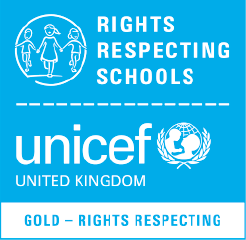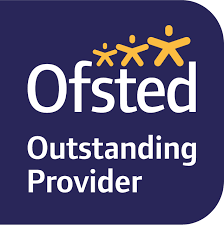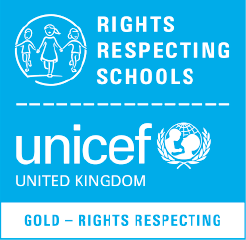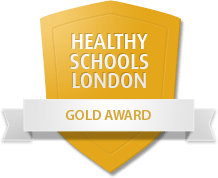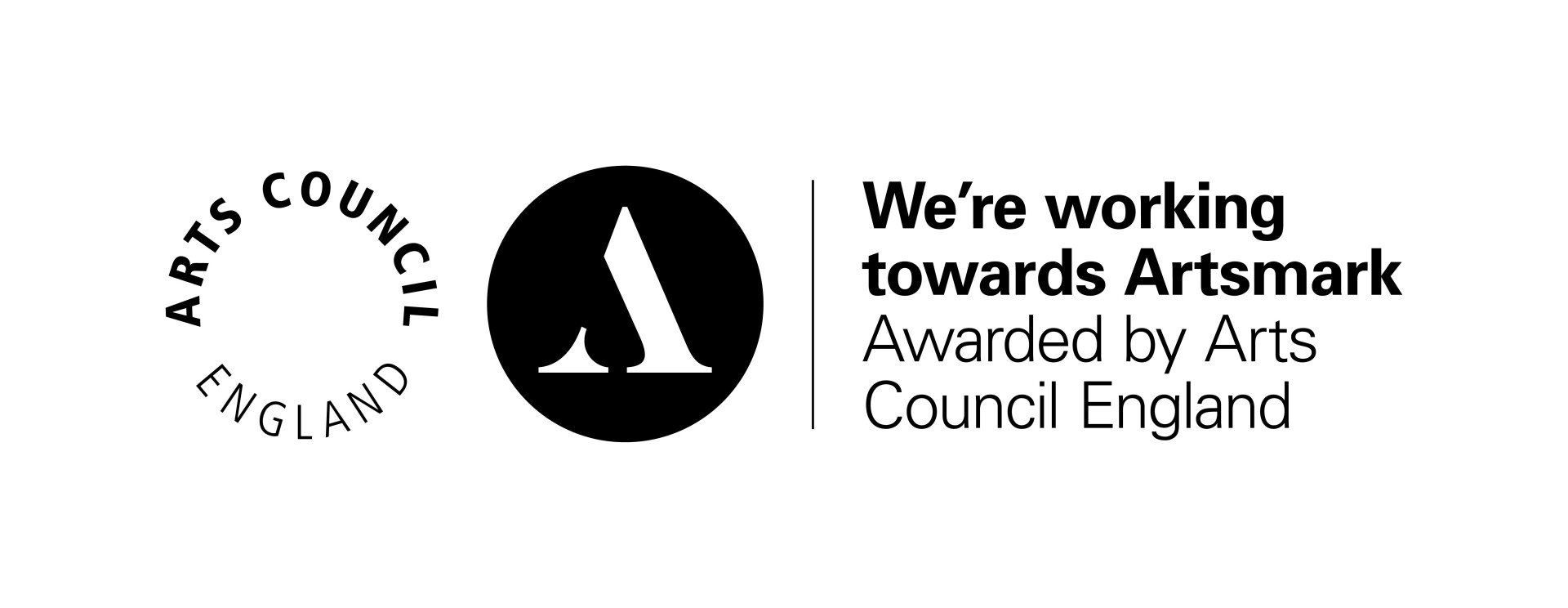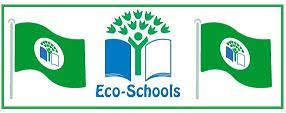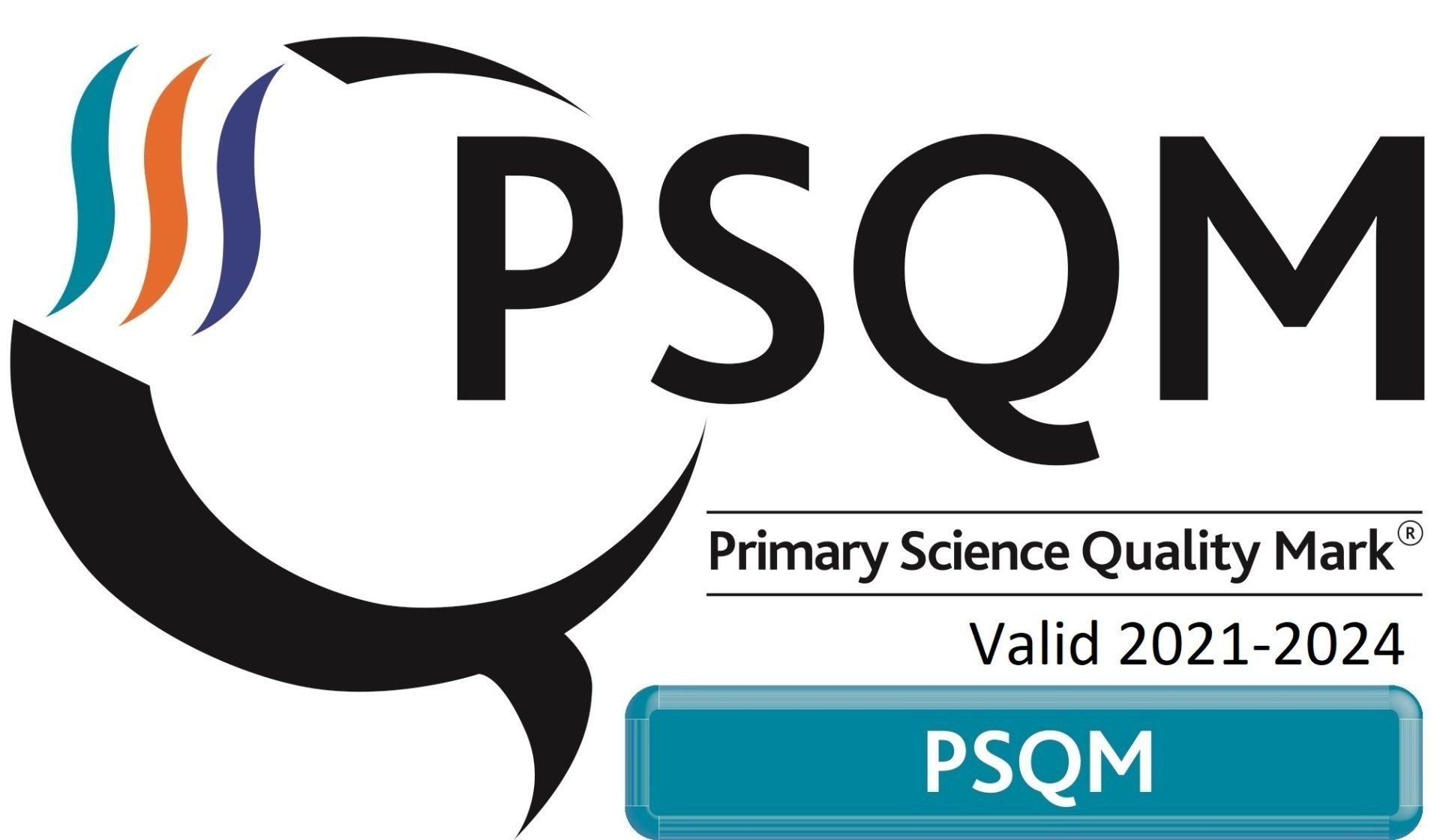Our Curriculum Vision
The children and their learning are at the core of everything that we do Grafton Primary School. Our school motto 'Together we learn. Together we Achieve' reflects our vision, in that, in order to prepare children as life long learners and global citizens, we must provide a curriculum that will go beyond the statutory content. Our curriculum is designed to take into consideration our children's varied backgrounds and cultural experiences; so we believe our children deserve a curriculum that does not narrow their life chances but expands them, enabling social equity and mobility.
At the heart of the design process, we take into consideration our position and impact as a Rights Respecting school. We create a community where children's rights are learned, taught, respected, protected and promoted. We are clear about ensuring our children are respectful in every interaction they have and also understand their own rights, as well as the rights of others. All staff, governors and the school community also learn about the rights of the child and put them into practise every day also. The rights of the child are embedded in our curriculum which combines high quality, challenging teaching, using everyday opportunities to extend each child's depth of knowledge and skills, developing an understanding and fascination in the world around them.
Curriculum Aims:
Grafton Primary School aims to nurture and prepare children educationally, socially, morally and physically for their continuing education and beyond by basing our aims on our vision.
Our core aims are to develop strong academic outcomes through:
- Providing the knowledge, concepts, skills and attitudes embodied within the National Curriculum as a basis for the educational development of children.
- Providing a stable, consistent environment in which our children can develop respect, self-esteem, and an ability to value themselves and others, underpinned by the United Nations Conventions of the Rights of a Child.
- Giving our children a deep body of knowledge intertwined with ensuring skills are reinforced throughout.
Curriculum Intent
When planning the curriculum at Grafton Primary School our teachers always take into consideration children’s prior learning, they provide where possible, first-hand experiences, allowing the children to develop interpersonal skills, build resilience and become creative, critical thinkers.
We understand that a child’s ability to learn is based on gaining knowledge & building on learned knowledge; as well as the ability to use and apply any associated skills adeptly and competently. So our curriculum is designed to marry these key components to ensure progress and a greater depth of understanding that leads to sustained mastery.
Depth of learning is important - we do not narrow our curriculum - we ensure children receive a broad and balanced curriculum and ensure learning is relevant, exciting, aspirational and challenging. All National Curriculum subjects, within the Curriculum are viewed as being equally important; but underpinned by the understanding that basic literacy and numeracy competency is vital in all learning. So we ensure throughout Literacy and Numeracy knowledge and skills have a high priority and where possible, we try to reinforce knowledge and skills across subjects in a topic/focussed learning based approach.
Our REAL Curriculum is...
R - relevant, research-based, reflective
E - exciting, engaging, enquiry-led
A - authentic, aspirational
L - lively, for life-long learning
Curriculum Implementation
The aim of our curriculum is for Grafton pupils to have the skills to be successful, independent, motivated and resilient learners in preparation for the next stage of their education so when implementing the curriculum in daily life we ensure children develop a Growth Mindset.
National requirements and school requirements are mapped out as a whole school by subject leaders, and then individual year groups plan the curriculum for their pupils accordingly:
- Where possible, teachers organise each half term's learning under a ’topic’. They plan lessons to ensure the children make connections across a variety of subjects.
- The curriculum is planned thoroughly, starting with the children's current knowledge and skills, so that real progress can be made and measured.
- Each term there are a variety of visits and visitors planned in each year group to enrich the learning and create lasting memories via real experiences - Planetarium visit, African Drumming workshops, Story-Telling workshops etc.
- Each topic/area of learning will start with an enquiry question.
- Children’s prior knowledge is assessed at the outset of the topic and learning planned accordingly.
- At the end of each topic, an end task is planned, where children demonstrate the knowledge and skills that have been acquired.
The curriculum is reinforced by the school’s Core Values these are taught on their own and through other areas of the curriculum, including assemblies. The spiritual, moral, social and cultural development of our pupils and their understanding of British Values and the core values of our society are woven through the curriculum.
Specialist teachers support the teaching of Music, PE, Art and Spanish.
Theme days e.g. Roman Day, Ancient Greek Day etc, whole school activities, including Science Week and opportunities within and outside school - Able Writers/Mathematicians Days, all enrich and develop the children’s learning. After school clubs and events extend these opportunities further.
If you would like to find out more about our curriculum, then please contact
Miss Thomas or
Mrs Gray (Deputy Headteachers/Curriculum Leads) to discuss in more detail.
Curriculum Impact
We measure the impact of our curriculum through:
- Reflecting on the standards achieved against planned outcomes.
- Celebrating the learning at the end of each topic, where children demonstrate the knowledge they have gained
- Sampling children's learning across the school, where they demonstrate learning
- Pupil discussions with teachers and Senior Leaders about their learning
- Annual tracking of standards across the curriculum
Year groups send out curriculum maps at the beginning of each topic, to provide parents/carers with information about the learning ahead.

